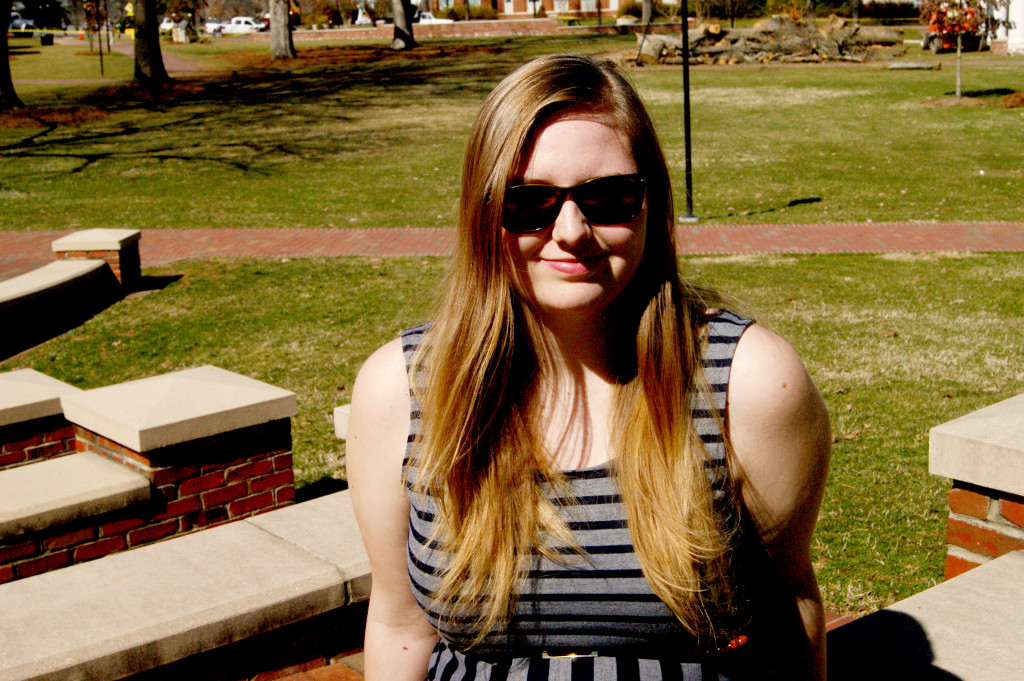As I stated on Monday, this week I will be focusing on the research of Sarah Paterson, a junior PWR major with minors in communication and political science and an Elon University Honor’s Fellow.
In Monday’s post, we learned about Sarah’s thesis and how the idea came about. In this post, we will learn about how Sarah’s thesis has shifted as time has passed and how her research connects with the field of PWR.
Changes in research plans
Anyone who has done research can tell you that it is very rare that the first research plan is the one that reaches finality. Paterson attested to this when asked how her idea for her thesis has changed and developed over time.
“When I was coming up with my research my freshman year, my original thesis idea was going to be for a business plan for a self-publishing website for young adults who write. The website made it so they could accept donations and basically be paid to write. Young people’s voices get devalued all the time. Why don’t we let them write and put a monetary value on it? It was a grand idea but not really feasible.”
Goals of her current research
Like many students in the department, Paterson studies various subjects in addition to PWR. With minors in communications and political science, Paterson had a lot of areas to work within when it came to her research.
“I intentionally wanted to make my project bridge my major and my minors – English, communications, political science. I wrote them down and stared at them and tried to choose, but I wanted a project that included elements of all of those things.”
Paterson found this in spoken word and performance poetry.
“Talking about your identity and what it means to be young in America or what it means to be black in America or what it means to be gay in America is all very political. Even if my project is not picking out politics from poems, I am still discussing political issues.”
Poetry and rhetoric
When we think rhetoric, we don’t always think of poetry, and Paterson is trying to change that with her research. She argues that the ties between rhetoric and poetry are deeper than we often imagine, and she says that spoken word and performance poetry are a means of making the study of rhetoric accessible to a wider audience.
“A lot of what I have to do as a part of this project is argue that poetry is an important part of our future understanding of rhetoric.”
She recalled a specific example of this connection that left her stunned and convinced that poetry keeps rhetoric relevant.
“The organizer of this [spoken word] event talked about the history of spoken word. Not only did they talk about the history of ancient Greek but the history of Africa – and most people don’t do that! They don’t talk about Africa when they talk about oral history. [The organizer] talked about history and the history of rhetoric in a room full of strangers from ages 10 to 70 and made it so accessible. I’m huge on accessibility – you have to hit people where they are – and for rhetoric and language to be made that accessible to a community, to get a mini history lesson in what it means to participate in oral culture, I was like ‘This is so cool!’”
Sarah doesn’t believe that poetry is ever not rhetorical.
“Obviously you’re making rhetorical decisions [as a spoken word poet]. What do you wear? What do you say? Where is the light? Do you have a spotlight? Do you talk to the audience before you start? Are you stomping your foot to get the audience to respond to you? Are you being judged? What are you doing to get a higher score? That’s rhetorical!”


 Follow
Follow